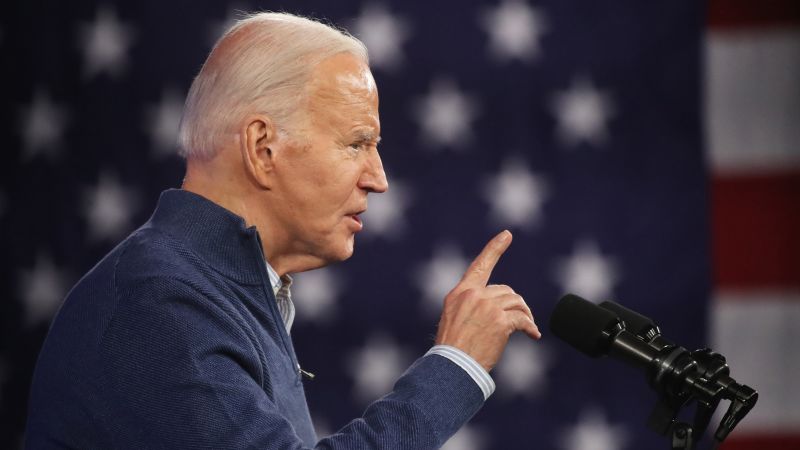The Biden administration has accused congressional Republicans of potentially causing millions of Americans to face higher internet bills or lose access to their plans with the impending expiration of funding for the Affordable Connectivity Program (ACP). This federal program has connected over 23 million households to the internet, providing monthly discounts to an estimated 59 million low-income individuals, including veterans, students, and older Americans. Without continued funding, these households would be forced to make tough choices between essentials like groceries and internet service.
Despite bipartisan support for extending the ACP, legislation to do so has stalled, leaving the program’s future uncertain. President Biden has called for $6 billion to continue the ACP, with a bipartisan bill introduced in January that authorizes $7 billion for the program. However, Republican House Speaker Mike Johnson has yet to allow a vote on the legislation in the House, citing concerns about government spending. This lack of action threatens the future of the ACP and leaves many individuals and families at risk of losing vital internet access.
The stalemate in Congress, particularly in the House, poses a significant obstacle to extending the ACP and preventing its collapse by early May. While Republican Senators like J.D. Vance and Kevin Cramer have shown support for the bill, the lack of movement in the House remains a significant challenge. With no Plan B in place if Congress fails to extend the program, administration officials are working to avoid the possibility of the ACP ending abruptly and leaving millions without affordable internet access.
FCC Chairwoman Jessica Rosenworcel has highlighted the potential impact of disrupting the ACP, particularly on vulnerable populations like senior citizens and military households. Efforts are being made to urge Congress, specifically Sen. Maria Cantwell and the Senate Committee on Commerce, Science, and Transportation, to advance legislation to extend the ACP. Despite the broad support for the program and its critical importance to millions of Americans, the future of the ACP remains uncertain as lawmakers continue to grapple with funding and political complexities.
The loss of the ACP would not only impact millions of low-income individuals but also affect essential services like healthcare, education, and jobs, which have become increasingly reliant on internet connectivity. With no clear alternatives in place, federal officials are emphasizing the urgency of extending the program to prevent widespread disruption and financial burdens on already struggling households. The impasse in Congress and the lack of action by Republican leaders could result in a detrimental outcome for millions of Americans who rely on the ACP for affordable internet access.


